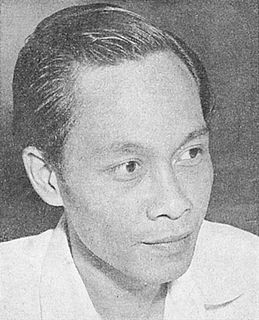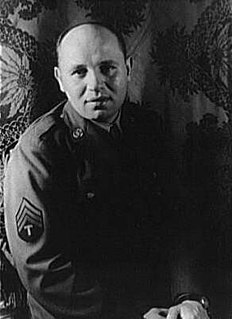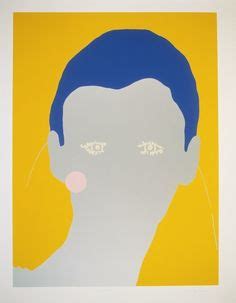A Quote by Orhan Pamuk
Painting taught literature to describe.
Quote Topics
Related Quotes
Books should confuse. Literature abhors the typical. Literature flows to the particular, the mundane, the greasiness of paper, the taste of warm beer, the smell of onion or quince. Auden has a line: "Ports have names they call the sea." Just so will literature describe life familiarly, regionally, in terms life is accustomed to use -- high or low matters not. Literature cannot by this impulse betray the grandeur of its subject -- there is only one subject: What it feels like to be alive. Nothing is irrelevant. Nothing is typical.
Historical fiction was not - and is not - meant to supplant literature from the period it describes. As a veteran of the Crimea, Tolstoy wrote 'War and Peace' to match his own internal sense of the truth of the Napoleonic wars, to dramatize what he felt literature from that period had failed to describe.
People constantly describe me as a formalist or even a minimalist, but I'm not really bothered with the rules of painting or the history of painting. My approach is that everything is mine. I take what I can use from wherever, and then I forget where I've taken it from. But there is no point me making anything that looks like anyone else's.







































